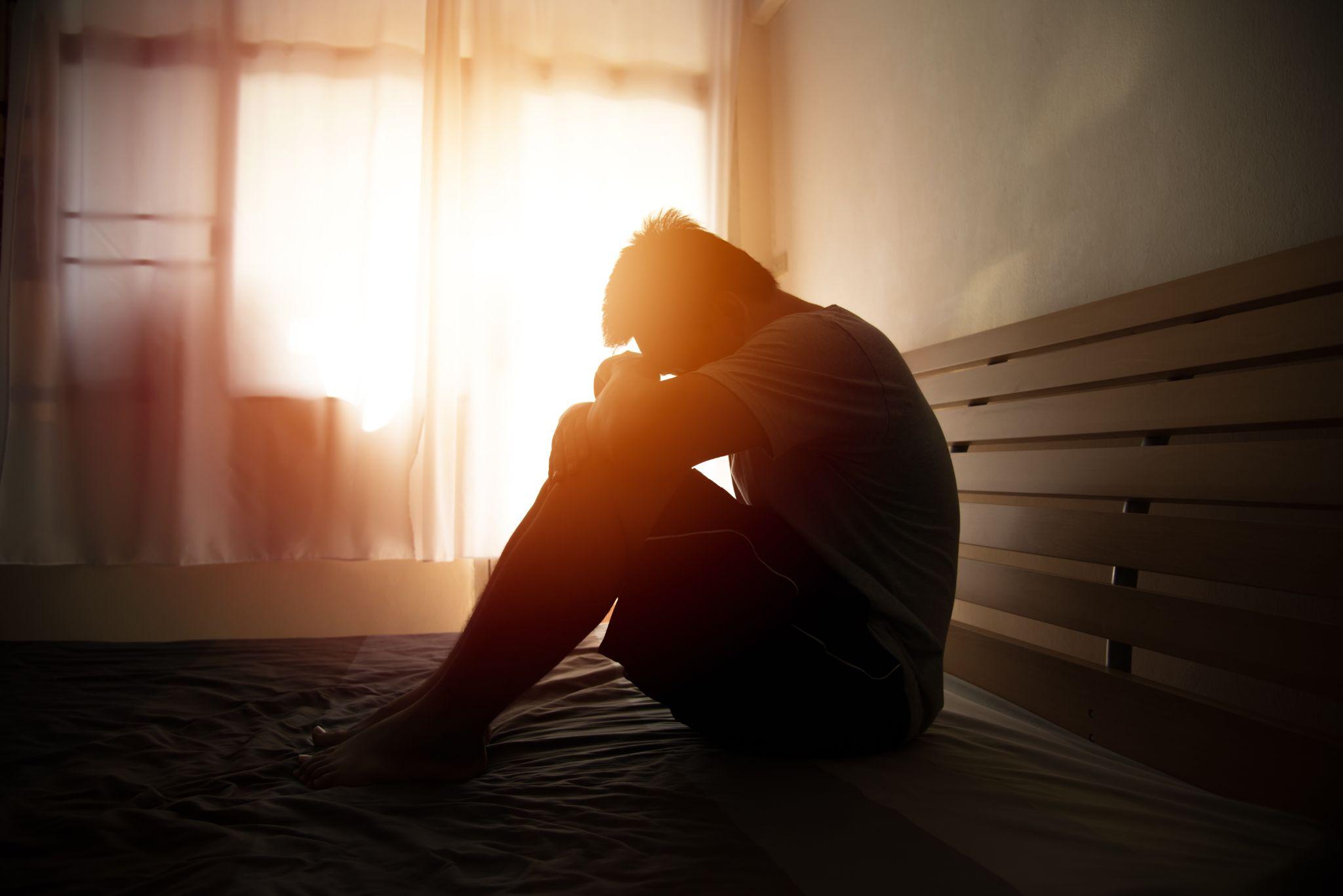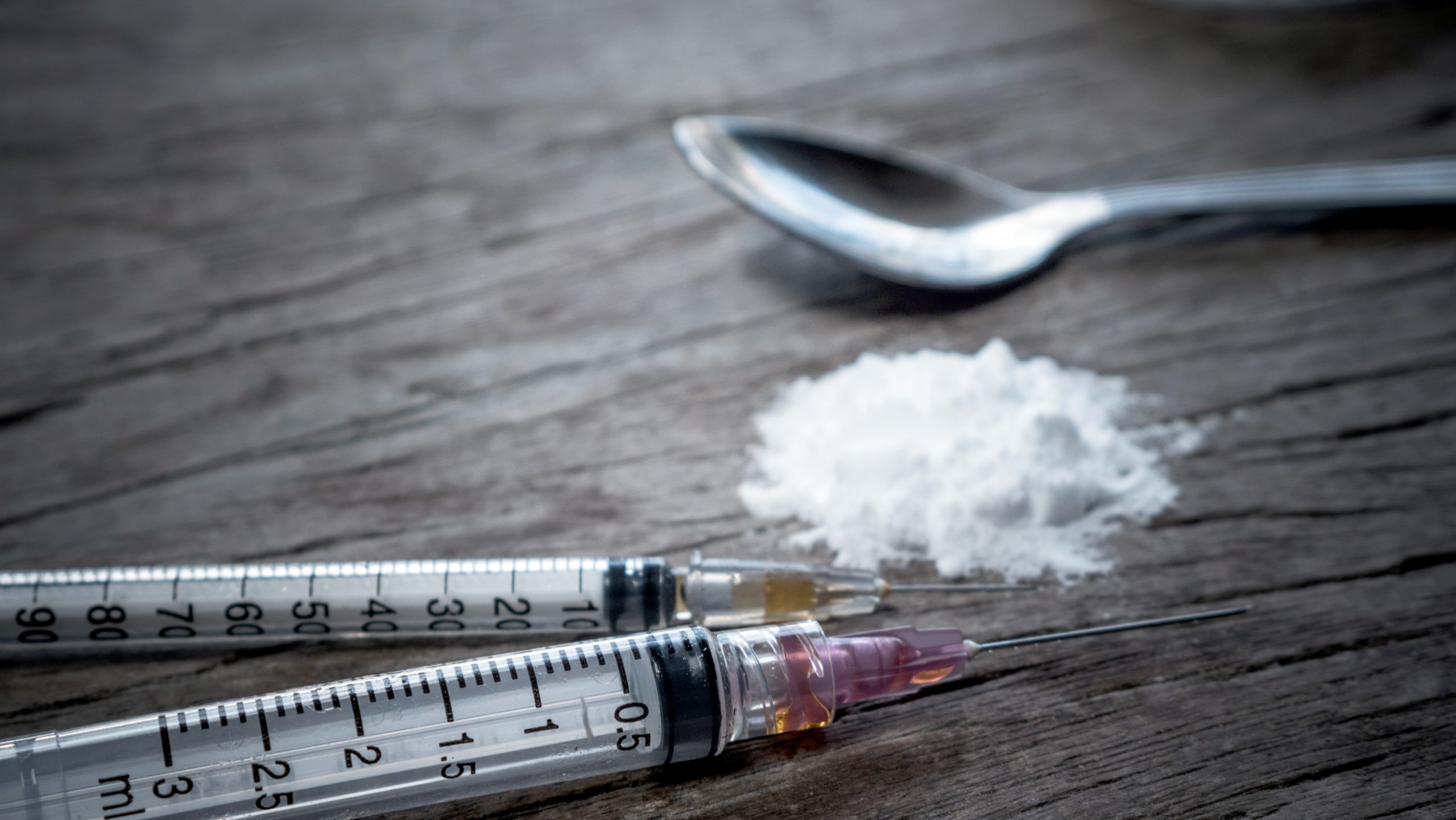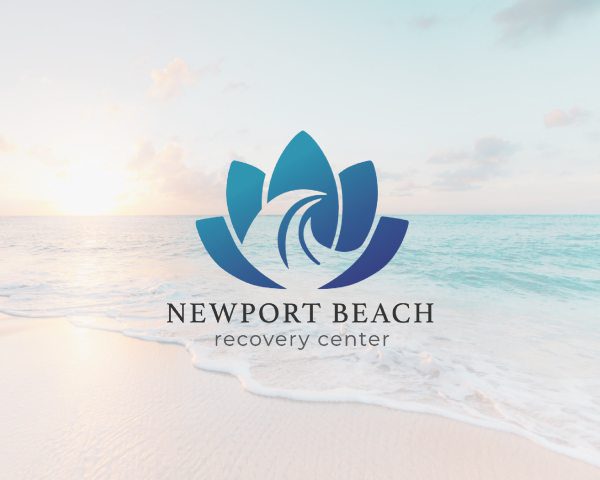Phencyclidine, or PCP, is one such substance that has garnered attention for its potent and often unpredictable effects. Below, we’ll unravel the complexities surrounding PCP its nature, abuse side effects, inherent dangers, and the intricate issue of addiction. Through this exploration, we aim to provide valuable insights into the world of PCP, equipping individuals with knowledge that can serve as a beacon toward healthier, more informed choices.
A Closer Look at PCP
Phencyclidine, abbreviated as PCP, is a mind-altering anesthetic drug developed in the 1950s for medical use. Originally, PCP came in pure crystal or powder form, but now can also be found in tablets and capsules. Most of these forms contain a distinctive bitter chemical taste. Street names include angel dust rocket fuel, and supergrass.
Chemically part of the arylcyclohexylamine class, PCP acts on the central nervous system, producing significant psychological effects. Initially intended for medicinal purposes, this drug became notorious for its hallucinogenic properties. At moderate doses, users feel detached from reality and profound impacts on both the mind and body. This dissociation is a hallmark of its effect on the central nervous system, leading to a range of psychological and physical adverse effects.
Side Effects of PCP
Those who abuse Phencyclidine experience both immediate and long-term side effects.
Short-Term Effects
- Profound alterations in perception
- Distorted sense of time and space
- Euphoria or intense anxiety
- Erratic blood pressure fluctuations
- Hallucinations and delusions
- Impaired coordination and motor skills
Long-Term Effects
- Memory loss and cognitive decline
- Speech difficulties
- Depression and anxiety disorders
- Social withdrawal and isolation
- Increased risk of psychosis
- Significant weight loss
Dangers of PCP
PCP’s dangers lie in its unpredictability and the range of effects it can induce. Users may experience a sense of invulnerability, leading to reckless behavior and accidental injury or suicide. Its association with violent episodes is well-documented, with users sometimes displaying aggressive and erratic behavior. Additionally, the potential for overdose is a serious concern, often resulting in life-threatening medical emergencies.
PCP Addiction
The insidious nature of PCP is evident in its potential to lead to addiction. Users may develop tolerance over time, requiring higher doses to achieve the desired effects. Dependency can give rise to withdrawal symptoms, including cravings, anxiety, and depression, making it challenging for individuals to break free from the cycle of abuse.
Treatment Options
Addressing PCP addiction requires a comprehensive approach. Detoxification, under medical supervision, helps manage the physical withdrawal symptoms. Behavioral therapies, such as cognitive-behavioral therapy (CBT), play a crucial role in addressing the psychological aspects of addiction. Support groups and aftercare programs provide ongoing assistance, fostering a supportive environment for individuals on their path to recovery.
PCP Recovery Starts Here
Understanding the profound impact of this drug is a crucial step toward fostering a healthier future. If you or someone you know is grappling with PCP addiction, Newport Beach Recovery Center is here to help.
Our Residential Inpatient Addiction Treatment Program provides a supportive and structured environment for individuals seeking recovery. With a dedicated team of professionals, evidence-based therapies, and a commitment to individualized care, we are ready to guide you on your journey to lasting recovery. Take the first step toward a brighter tomorrow reach out to Newport Beach Recovery Center today.






